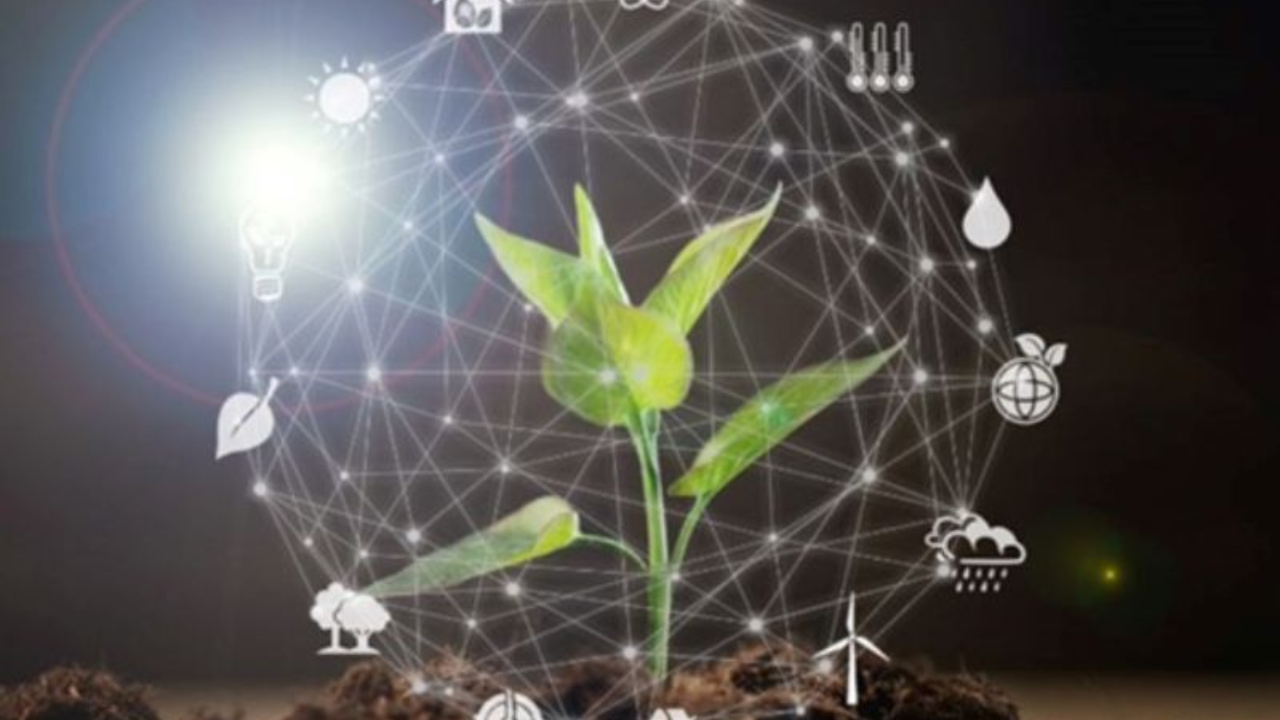Power ministry is getting suggestions from stakeholders over the draft procedure for accreditation of agencies.
NEW DELHI
Looking to put in place a thriving ecosystem for the Indian carbon market, the Union government is moving ahead with the process of nominating independent agencies that would certify carbon credits before these could be traded.
For this purpose, the power ministry has started getting suggestions from stakeholders over the draft procedure for accreditation of carbon verification agencies. The draft was circulated recently seeking public comments. Comments have also been sought on draft rules on eligibility for accredited carbon verification agencies.
According to Director General, Bureau of Energy Efficiency, Abhay Bakre the functioning of the Indian Carbon Indian Market would require diverse stakeholders to function according to the framework envisioned by the government. A “Carbon Credit Trading Scheme” has been announced by the government to address the issue of GHG emissions.
The country is poised to become one of the leaders in the green hydrogen sector. New and Renewable Energy Secretary Bhupinder Singh Bhalla said that the R&D Roadmap aims to leverage research to ensure that India is at the cutting edge of the sector in the world.
“If you really want to succeed, we need to produce green hydrogen at the least cost, in the best possible way. For this, we want to be the leader in technology as well, on par or ahead of the rest of the world. The R&D Roadmap for National Green Hydrogen Mission aims for all of this. It covers all aspects of production, transportation, storage and safety. We will issue a call for proposals based on this roadmap and we will start awarding specific projects under the Mission. The research awarded will allow India to be absolutely on par with the cutting edge in the field,” he said at an event.
The focus on research and development has also been increased with the government looking to achieve results through projects that can be completed within 2-3 years. According to Ajay Kumar Sood, principal scientific advisor to the Government of India, the goal in the first phase is to focus on mission mode projects which can yield results in 2–3 years. “The R&D budget announced in this mission is Rs 400 crores in just 2–3 years. If we are able to demonstrate that this R&D can make a difference at the ground level, then I am confident that more will come. Our first priority should be mission-mode projects which will yield results in 2–3 years; then, we can address grand challenges which will be rather long-term and also blue sky projects which will take disruptive pathways.”
Meanwhile, the ministry of new and renewable energy is believed to be in the final stages of rolling out the scheme for hydrogen hubs. The ministry has also finalised all schemes under the National Green Hydrogen Mission. An official from the ministry said for the hydrogen hubs scheme pilot projects are being undertaken in steel, shipping and road transport sectors.

